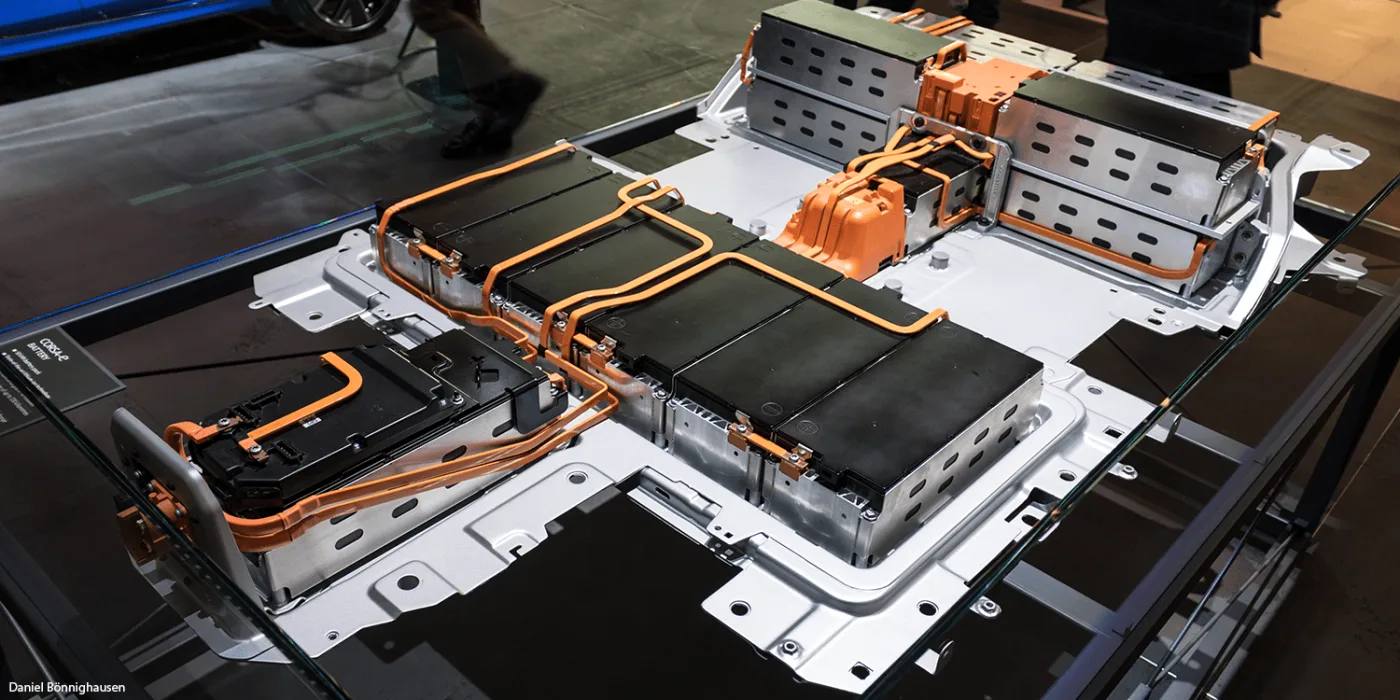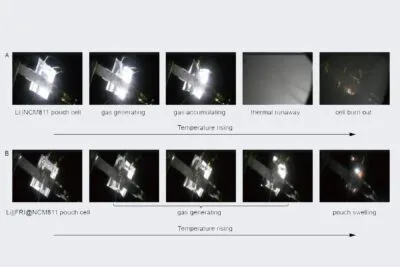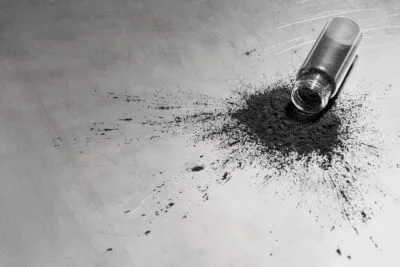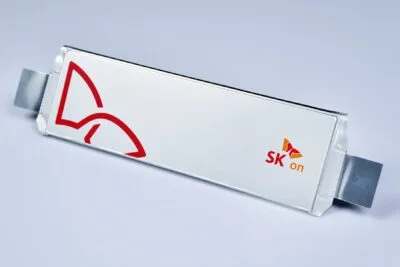ACC granted funding to make batteries in Germany
ACC, the Franco-German initiative comprising PSA, Opel and Saft, has received funding notifications from the Federal Ministry of Economics and Technology (BMVi) and the state of Rhineland-Palatinate to start constructing a battery cell factory in Germany as part of the EU’s Battery IPCEI.
The federal and state governments are funding the project with a total of 436.8 million euros. They expect to see the joint venture Automotive Cell Company (ACC) start making batteries at the Opel plant in Kaiserslautern in two years.
Many steps have preceded the handover of the funding notification. ACC was founded at the end of 2018 in expectation of the European call for battery manufacturing, then still running under the catchphrase “Battery Airbus”. In December 2019, the EU Commission approved the first round of the official ‘Battery IPCEI’ as an “important project of common European interest.” At that time, a total of €3.2 billion in funding was earmarked for pan-European research and innovation projects from seven member states on all segments of the battery value chain.
In the case of ACC, the Franco-German consortium fired the starting gun to kick-off pilot production in January 2020 at a Saft facility in France. The partners will develop cell technology there before beginning production at scale at the actual battery plants in Douvrin and Kaiserslautern, each with a volume of 24 GWh per year.
The funding decision for 436.8 million has now been handed over to ACC, which PSA, its subsidiary Opel and TotalEnergies subsidiary Saft officially established in September 2020 for battery cell production. The sum already includes 51 million euros from the state of Rhineland-Palatinate, so the BMWi is taking over around 386 million euros. The companies involved in the joint venture are investing over two billion euros for this purpose.
At the handover ceremony, German Economics Minister Peter Altmaier spoke of a “very important milestone” and repeated the ambition for “the most innovative, sustainable and efficient batteries to come from Germany and Europe.” He added the new battery cell plant would secure around 2,000 jobs and, in future, produce battery cells for around 500,000 electric vehicles annually. “With batteries made in Germany, we secure the added value and jobs of tomorrow!” Altmaier said.
ACC CEO Yann Vincent sees an important step in the company’s still young history. “This vote of confidence from the German authorities reinforces our ambition to become a European leader in the development and manufacture of batteries for electric vehicles and to enable clean and affordable mobility for all,” Vincent said. “The agreement signed with the German government reflects this ambition.”
The first phase of construction will lead to 8 GWh output and is scheduled to start in 2023. Battery production in Kaiserslautern is expected to begin in 2025, according to Ralph Wangemann, Opel’s Managing Director of HR and Labour. Subsequently, two more blocks with eight GWh each are to be built to reach the targeted production of 24 GWh.
On Linkedin, however, ACC mentions a second “gigafactory”, the one in France, set to start producing battery cells in 2024, in line with a previous target. The company added that the second plant “should allow us to reach our production objective of 48GWh by the end of 2028.” We assume this is the total production.
Back in Germany, the BMWi announced all five approved projects from the first battery IPCEI have started. For the second battery IPCEI that saw Tesla competing as well, six of eleven projects are underway. These are also expected to receive funding notices “in the coming weeks,” the ministry said.
With reporting from Sebastian Schaal, Germany.
bmwi.de, nachrichten-kl.de (both in German), linkedin.com (ACC statement)





0 Comments